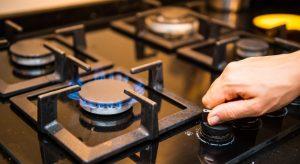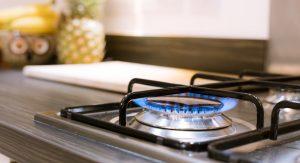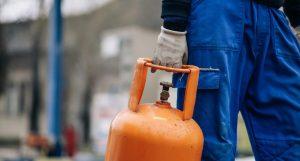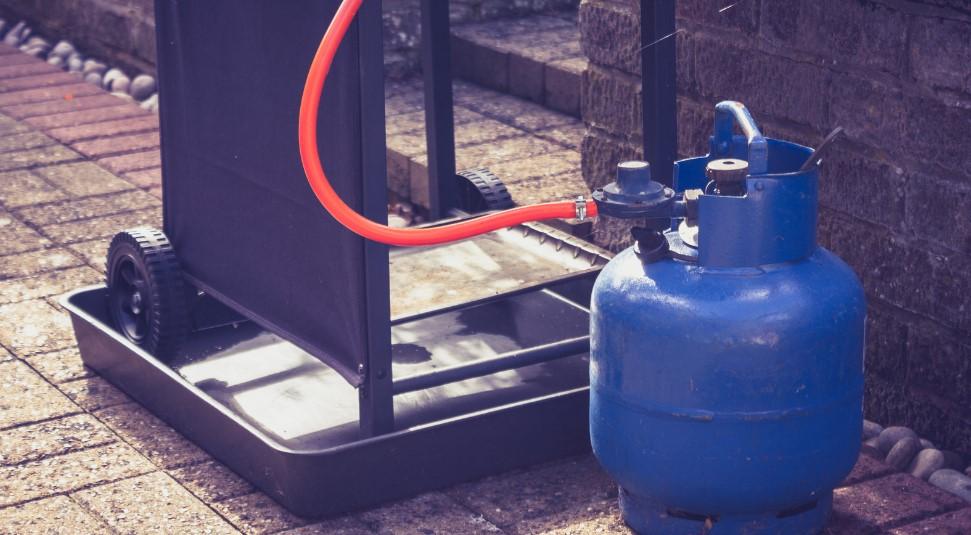How Often Do I Need to Do a Gas Safety Inspection?
Gas safety is a critical aspect of maintaining a safe and healthy living environment. Whether you’re a homeowner, landlord, or tenant, understanding the frequency and importance of gas safety inspections is essential. This blog will delve into the specifics of how often gas safety inspections are needed, the factors influencing this frequency, and the benefits of regular inspections.
Legal Requirements
For Homeowners

While homeowners are not legally required to conduct regular gas safety inspections, it is highly recommended. Ensuring that gas appliances are functioning correctly can prevent potential hazards such as gas leaks, fires, and carbon monoxide poisoning. For optimal safety, homeowners should consider annual inspections, similar to the requirements for landlords.
For Landlords
Landlords are legally obligated to conduct gas safety inspections every year. According to the Gas Safety (Installation and Use) Regulations 1998, landlords must:
- Conduct Annual Checks: A Gas Safe registered engineer must inspect all gas appliances, fittings, and flues annually.
- Provide Safety Records: A copy of the gas safety certificate must be given to new tenants before they move in and to existing tenants within 28 days of the inspection.
- Maintain Records: Landlords must keep records of all gas safety inspections for at least two years.
Factors Influencing Inspection Frequency
Age of Appliances
Older gas appliances may require more frequent inspections due to wear and tear. While annual checks are standard, if your appliances are over a decade old, consider bi-annual inspections to ensure they are operating safely.
Type of Appliances
Different types of gas appliances may have varying inspection needs:
- Boilers: Should be checked annually as they are crucial for heating and hot water.
- Cookers and Hobs: Annual inspections are also recommended, but additional checks might be necessary if they are used heavily.
- Gas Fires: Should be inspected annually to ensure safe operation and proper ventilation.
Usage Levels

Properties with high usage of gas appliances might benefit from more frequent inspections. For instance, a property with a large family using multiple gas appliances daily might require checks every six months.
Property Occupancy
Rental properties with high tenant turnover might need more frequent inspections to ensure all appliances remain in good working condition. Frequent moving in and out can sometimes lead to unnoticed damage or misuse of gas appliances.
The Inspection Process
What Happens During an Inspection?
A gas safety inspection involves several key steps:
- Visual Inspection: The engineer will visually inspect all gas appliances, fittings, and flues for obvious signs of damage or wear.
- Functional Tests: Appliances are tested to ensure they are operating correctly.
- Gas Pressure and Flow Checks: These checks ensure that appliances receive the correct gas pressure and that there are no leaks.
- Ventilation Assessment: Proper ventilation is crucial for gas appliances. The engineer will check that all ventilation pathways are clear.
- Flue Flow Test: Ensures that harmful gases are being safely removed from the property.
Post-Inspection
After the inspection, the gas engineer will provide a gas safety certificate if everything is in order. If there are issues, they will advise on necessary repairs or replacements. It’s crucial to address any issues promptly to maintain safety.
Benefits of Regular Gas Safety Inspections
Preventing Accidents
Regular inspections help identify potential hazards before they become dangerous. Gas leaks can lead to explosions, and carbon monoxide leaks can be fatal. Inspections ensure these risks are minimized.
Enhancing Efficiency
Well-maintained gas appliances operate more efficiently, saving you money on energy bills. Regular checks can identify issues that might be causing your appliances to use more gas than necessary.
Extending Appliance Lifespan
Routine maintenance and inspections can extend the life of your gas appliances. Identifying and fixing small issues early can prevent them from becoming major problems that require costly repairs or replacements.
Legal Compliance
For landlords, adhering to the legal requirement of annual inspections avoids hefty fines and legal complications. It also demonstrates a commitment to tenant safety and well-being.
Common Misconceptions

“New Appliances Don’t Need Inspections”
Even new appliances should be inspected regularly. Installation errors or manufacturing defects can pose risks. Regular checks ensure everything is functioning correctly from the start.
“I Can Do It Myself”
Gas safety certificates must be conducted by a qualified Gas Safe registered engineer. DIY inspections are not sufficient to ensure safety or legal compliance.
FAQs
1. What should I do if I miss an annual inspection?
Schedule an inspection with a Gas Safe registered engineer immediately. It’s essential to address the lapse promptly to ensure safety and legal compliance.
2. Can I perform my own gas safety inspection?
No, gas safety checks must be conducted by a qualified Gas Safe registered engineer to ensure accuracy and compliance with legal standards.
3. How long does a gas safety inspection take?
A standard inspection typically takes between 30 minutes to an hour, depending on the number of appliances and their condition.
4. What happens if an appliance fails the inspection?
If an appliance fails the inspection, the engineer will provide a report detailing the issues and recommend necessary repairs or replacements. It is crucial to address these issues promptly to maintain safety.
5. How can I find a qualified engineer?
You can find qualified Gas Safe registered engineers through the Gas Safe Register website. Ensure you verify their credentials before scheduling an inspection.
Conclusion
Understanding the frequency and importance of gas safety inspections is vital for maintaining a safe living environment. While homeowners are encouraged to conduct annual inspections, landlords are legally required to do so. Factors such as appliance age, type, usage levels, and property occupancy can influence the need for more frequent checks.
Regular gas safety inspections provide numerous benefits, including preventing accidents, enhancing efficiency, extending appliance lifespan, and ensuring legal compliance. Avoid common misconceptions and ensure that inspections are carried out by qualified professionals. By prioritizing gas safety, you can protect your property and its occupants, providing peace of mind for everyone involved.
Regular inspections should be an integral part of your property maintenance routine. They not only ensure safety but also enhance the efficiency and longevity of your gas appliances, ultimately saving you money and providing a safer living environment.









Leave feedback about this